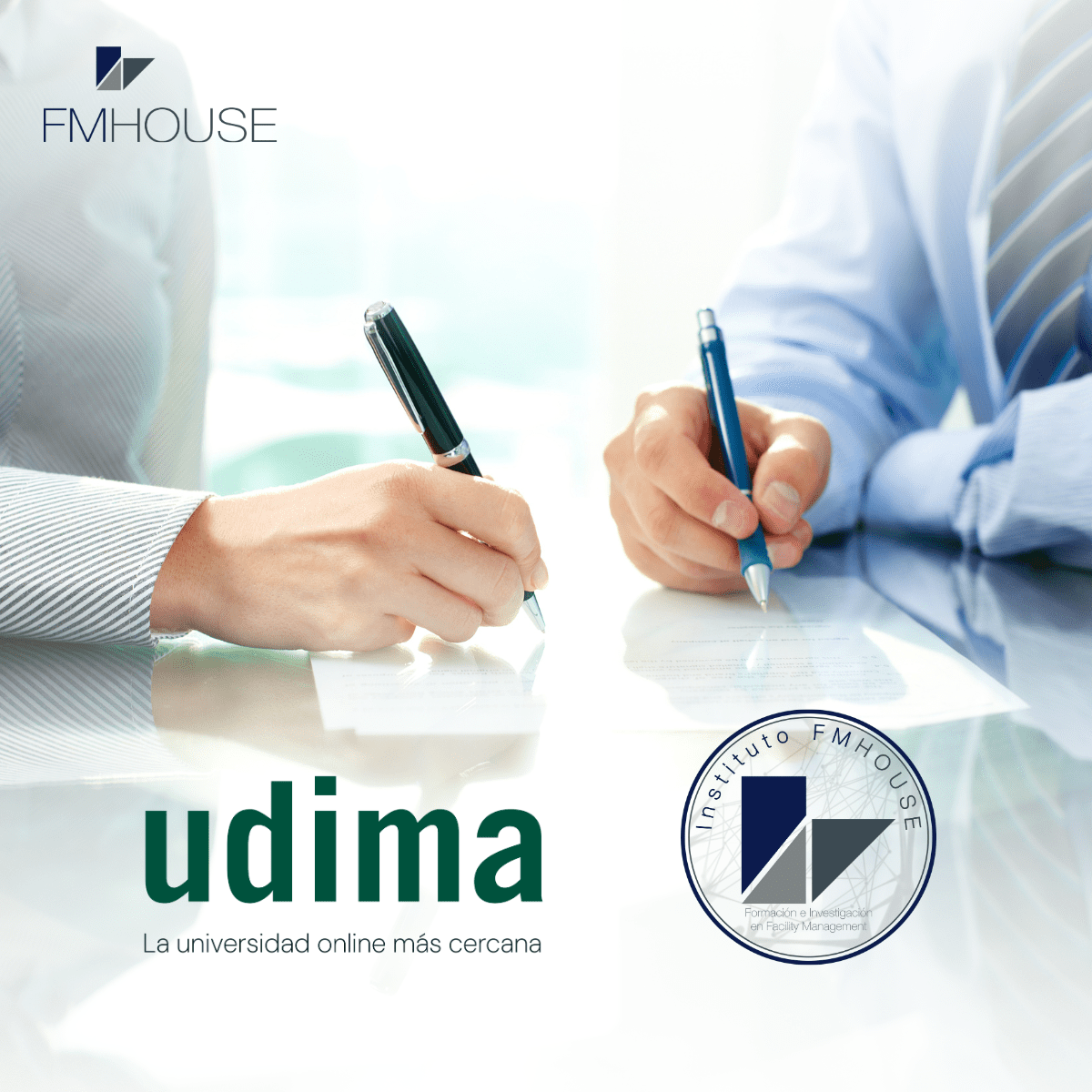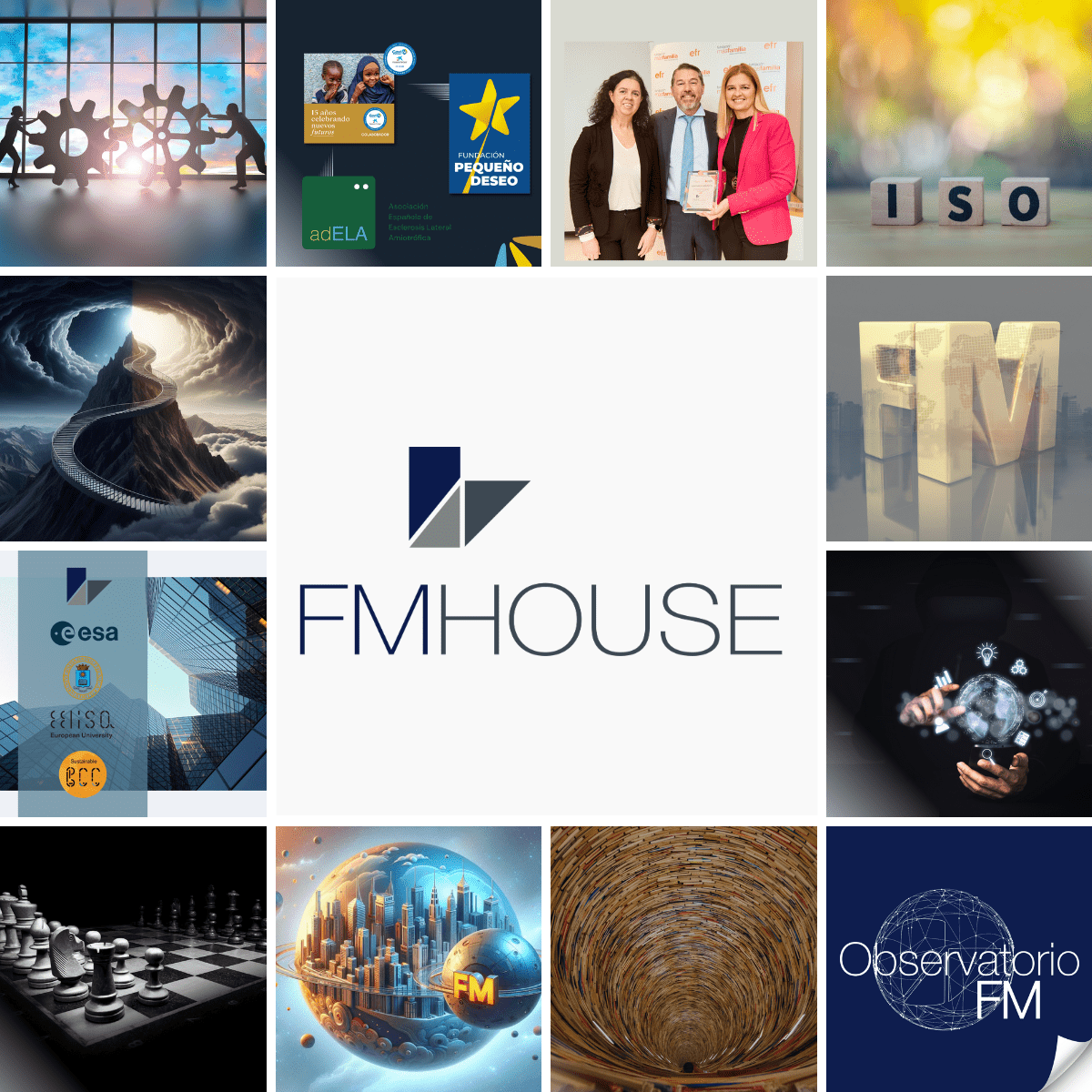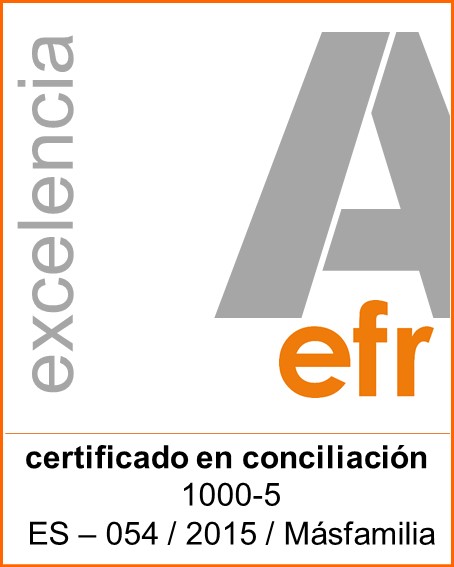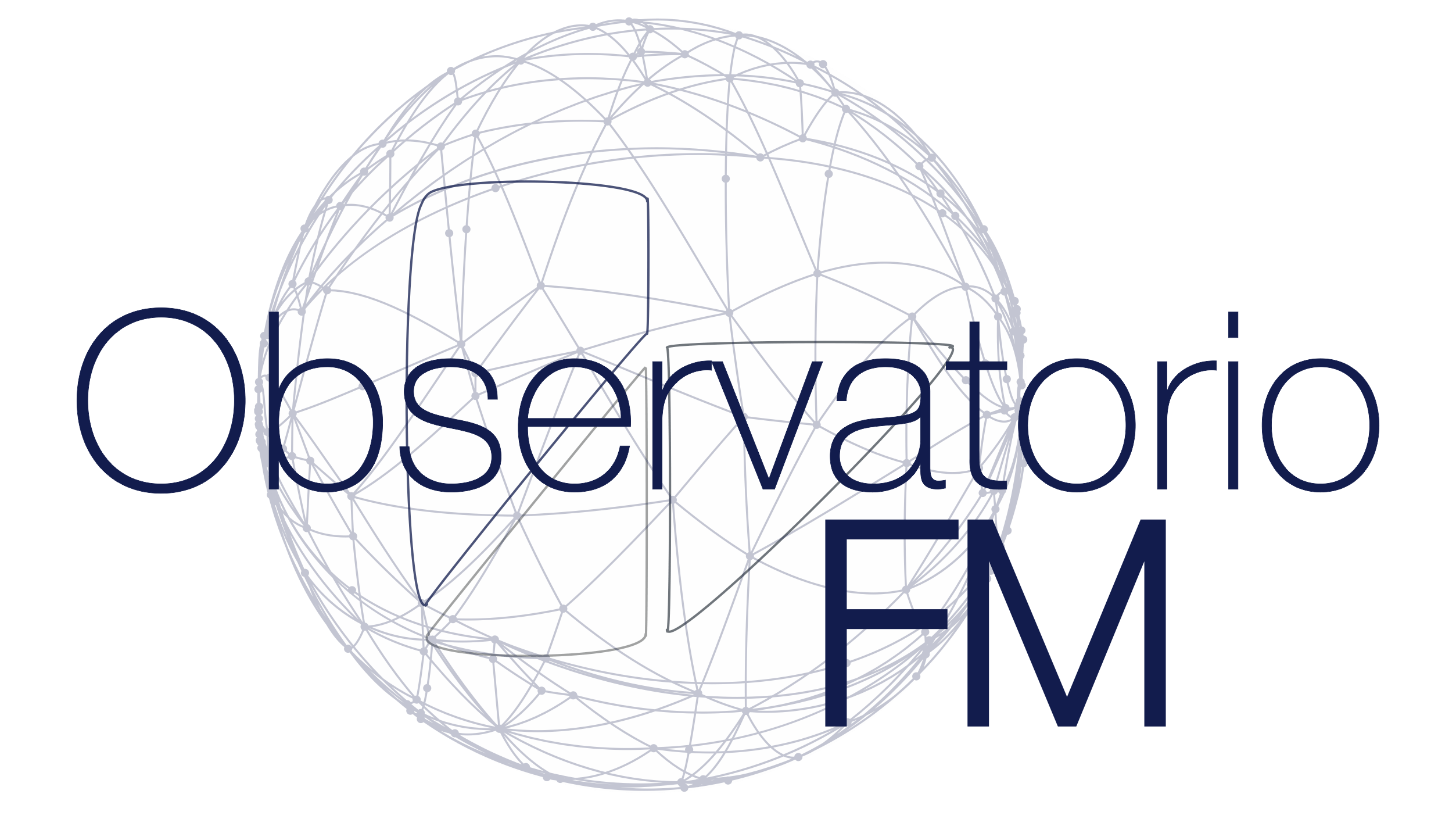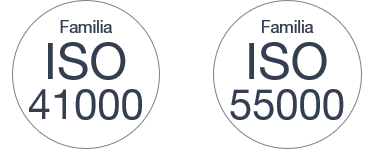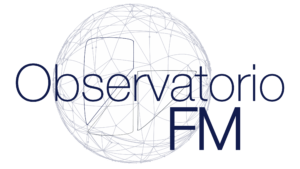Although this title may look like a mistake, in actual fact, we are not so far from considering it as a viable strategy. It may be worth noting that in 2022, and for the first time since CDs appeared, sales of vinyl records surpassed those of digital media. RIIA (the Recording Industry Association of America) has recently published the data in its annual report. Other notable examples are the rise in demand for printed books, which have experienced a resurgence in recent years, possibly because people prefer the sensation of holding a book in their hands to reading it on a screen, and the resurgence of film cameras, which have regained popularity among photographers, particularly amateurs. The increased favour for handwriting in recent years, evidenced by record-breaking sales in items used for this purpose suggests that many have discovered the therapeutic benefits of writing and are more partial to the personal aspect of a handwritten note, rather than a digital message.
These are not the only examples. The automotive industry is also taking its first steps in this direction by taking measures that are well worth paying attention to. Companies such as Volkswagen, Kia and Hyundai have publicly announced their commitment to returning to physical switches inside cars. Digital screens will be removed to make room for traditional controls to operate car systems, such as air-conditioning, heating or audio options, so that you do not need to be an aeronautical engineer to work out how they work. Similarly, Volkswagen has announced the withdrawal of tactile and haptic controls, those virtual displays on the dashboard that complicate simple tasks such as raising or lowering the volume of the audio system. This was announced by the CEO of VW passenger cars, Thomas Schäfer, via his LinkedIn account, when he posted a message which read “we will bring back the physical buttons on the steering wheel, because that’s what our customers want.” One might assume that this is because more attention is required to drive safely, and distractions can prove to be fatal. Whatever the reason, the decisions have been made and they suggest that the user wants to be able to operate and feel controls, without sliding his or her finger across a screen.
Facility Management constantly refers to innovation and technology as the levers that will transform the industry. We have published over 30 reports on digitalisation in FM in different countries or regions. We have measured the scope of knowledge and implementation of the most relevant technologies, and in all cases, there is an interest in or intention to use or apply some of them. Nevertheless, we have not asked end users for their opinion on exchanging their habits or ways of working to more digital environments. In this regard, we must differentiate between those who are more familiar, for example, with touch screens, and those who have become acquainted with them after the age of 50. If de-digitilisation is indeed going to occur, what we must ask ourselves is what will happen when the digital natives of today represent most of the population in tomorrow’s world.


